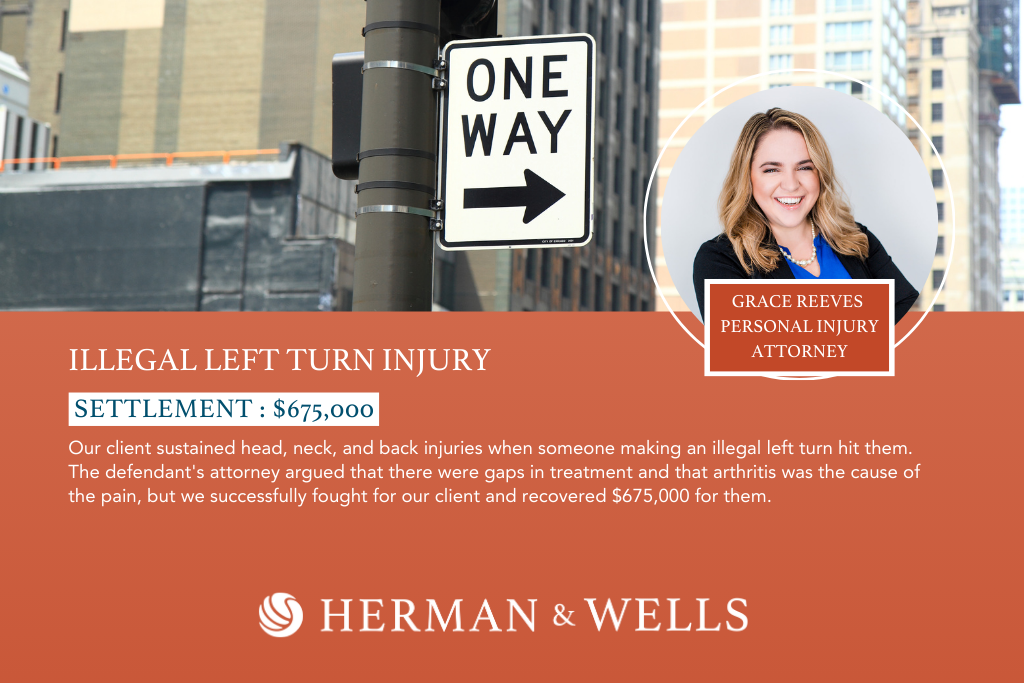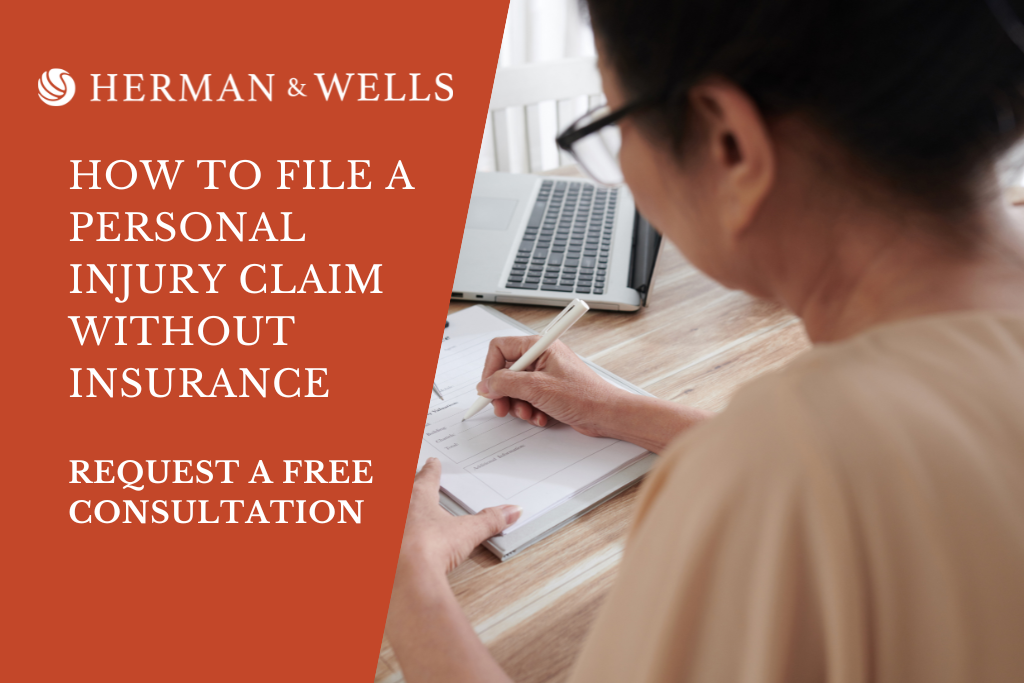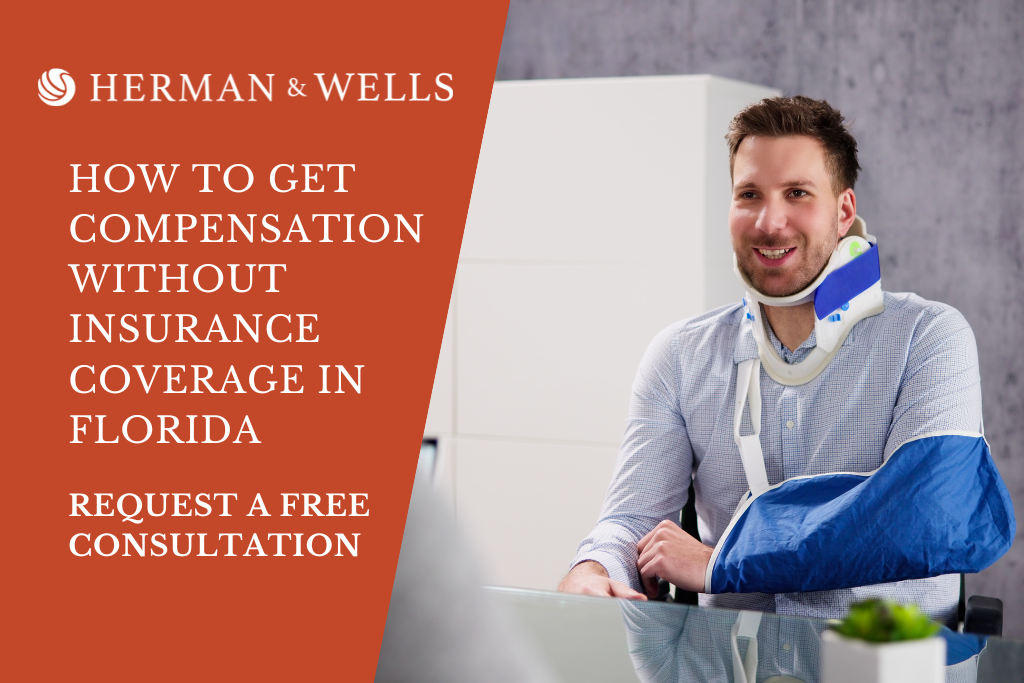If you are a Florida resident who has been injured in an accident, the presence of pre-existing conditions can have far reaching implications on your personal injury claim. From the strength of your case to its ultimate outcome, how you present evidence and facts before a jury or tribunal becomes paramount to protecting your best interests.
Knowing what effects pre-existing conditions have on an injury claim is essential to ensuring that justice and fair compensation is achieved. In this blog post we’ll discuss why pre-existing conditions are important when filing a personal injury suit in Florida and the steps to take when composing and presenting your argument within legal channels.
If you have a pre-existing condition and just been in an accident, contact Herman & Wells, your Florida personal injury claim lawyers. Our team of experienced attorneys can help you seek justice and fair compensation for your injuries.
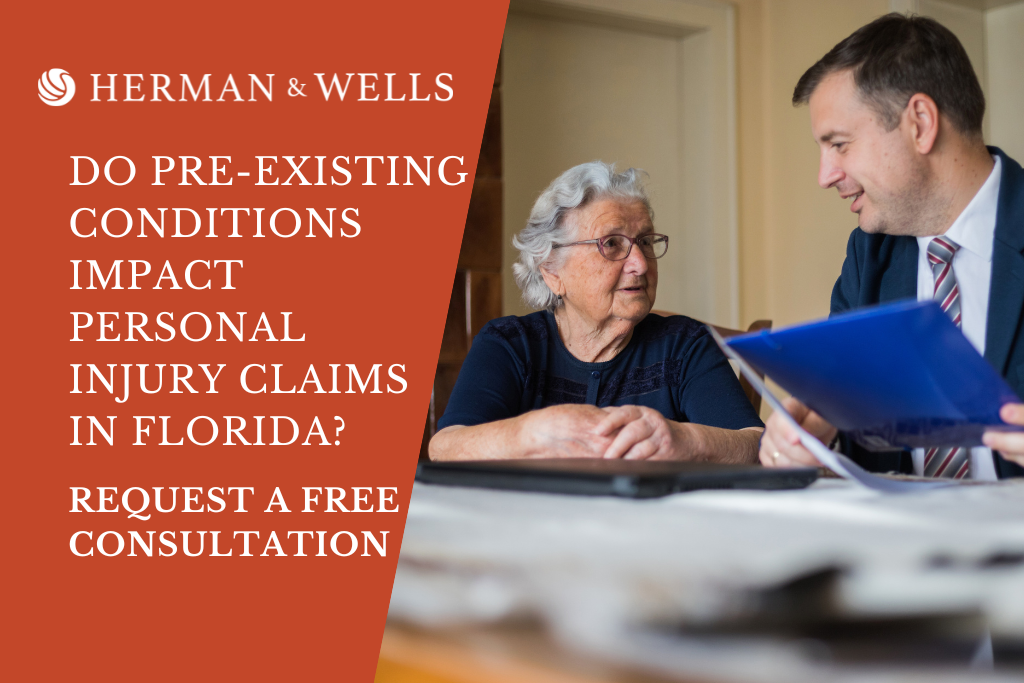
The Cliff Notes: Key Takeaways From This Post
- 1When filing a personal injury claim involving pre-existing conditions, it is important to understand the implications of Florida’s comparative fault law.
- 2The principle of proportionate responsibility applies in these cases and can affect how fault is allocated between both parties.
- 3It is essential to hire an experienced personal injury attorney who understands this law and can help gather evidence that will support your claim.
- 4Insurance companies may challenge a claim if there is a pre-existing condition.
- 5Comprehensive medical documentation and expert testimony can be used to prove that the defendant caused or worsened your injury, even if you had pre-existing conditions prior to the accident.
- 6At Herman & Wells, we are committed to protecting our clients’ rights and securing fair compensation for personal injury claims involving pre-existing conditions. Contact us today to get started!
Understanding Pre-Existing Conditions
Pre-existing conditions are medical or physical issues that existed in an individual prior to the onset of an injury, accident or illness. Common examples of pre-existing conditions may include chronic illnesses, previous injuries, undiagnosed diseases, and certain mental health issues among others. Having a pre-existing condition does not automatically disqualify an individual from pursuing a personal injury claim, however it is important to understand the implications of such a diagnosis when filing suit.
The Impact Of Pre-Existing Conditions On Personal Injury Claims
The “Eggshell Plaintiff” Doctrine
The Eggshell Plaintiff doctrine is an important part of personal injury law in Florida, and its presence can be the deciding factor in a case that involves pre-existing conditions. In a nutshell, the doctrine states that when an individual’s pre-existing condition has made them more vulnerable to harm than a “normal” person (i.e. someone without pre-existing conditions), they are still eligible to receive compensation for their injury.
A key factor of the doctrine is that it does not provide additional protection to those with pre-existing conditions, but instead ensures that a plaintiff will not be penalized or denied compensation due to having a health issue prior to an accident.
Evaluation Of Aggravation Or Exacerbation
When an individual has a pre-existing condition that is aggravated or exacerbated by the incident in question, it is important to accurately determine how much of the injury can be attributed to their pre-existing issue. To do so, medical evaluations and expert opinions are typically employed to help evaluate the extent of any aggravation or exacerbation caused by the incident, and to what degree the pre-existing condition contributed to the injury.
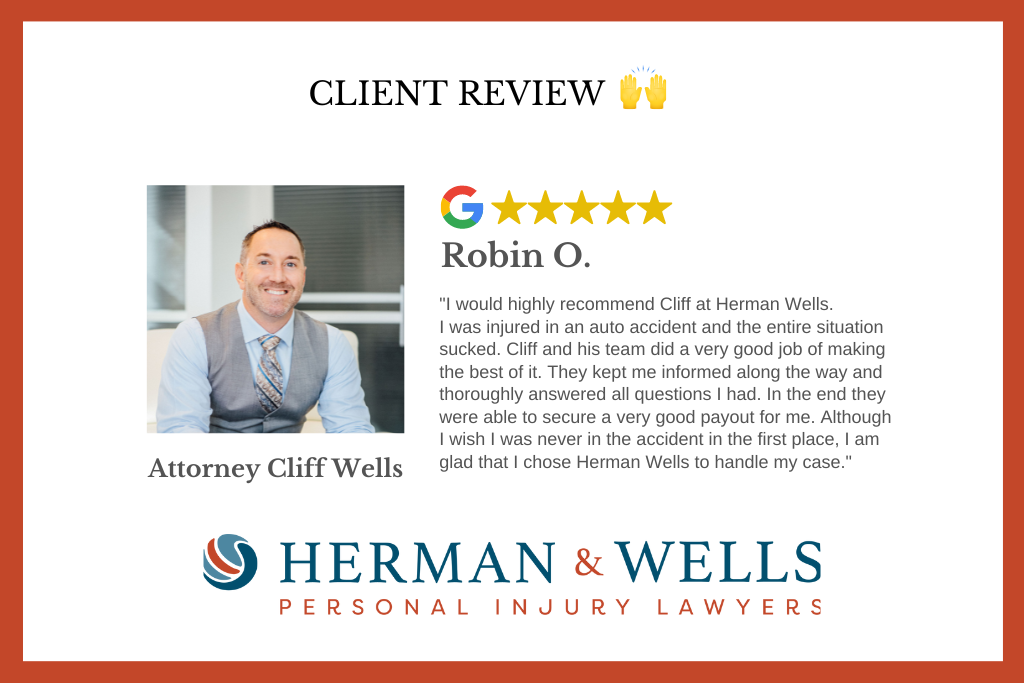
Florida’s Comparative Fault Law And Pre-Existing Conditions
In Florida, comparative fault law applies to personal injury claims involving pre-existing conditions. This means that if a plaintiff has a pre-existing condition and is injured due to someone else’s negligence, the defendant may be held partially responsible for damages.
The principle of proportionate responsibility states that each party who contributed to an accident will be liable only for the portion of fault they are responsible for. This applies regardless of whether injuries result from a pre-existing condition or new injury, and affects how fault is allocated between both parties.
In cases where there’s a combination of pre-existing conditions and new injuries, damages may be reduced depending on how much responsibility can be attributed to the plaintiff’s pre-existing condition. For instance, a plaintiff with back problems who is injured in an accident will suffer more from this injury since the pre-existing condition can worsen the effects of the new injury or delay recovery. In this situation, the court may reduce the damages awarded to take the pre-existing condition into account.
Seeking Legal Guidance For Personal Injury Claims With Pre-Existing Conditions
If you’ve been injured due to someone else’s negligence and have a pre-existing condition, it’s essential that you consult an experienced personal injury attorney who understands Florida comparative fault law. An attorney can assess the impact of the plaintiff’s pre-existing condition on the claim, as well as advise on how to present evidence to seek fair compensation.
Your attorney can also work with medical professionals to gather evidence that will support your claim. They can help establish a timeline of events to understand when the injury occurred and how it has affected your life since then. This information can be used to build a strong case and seek compensation for medical costs, pain and suffering, as well as lost wages.
Navigating Insurance Challenges And Pre-Existing Conditions
When filing a personal injury claim involving pre-existing conditions, there are often unique challenges that arise. Insurance companies may deny claims or offer lower settlements due to the plaintiff’s pre-existing condition. In some cases, they may try to argue that the injury was solely caused by the pre-existing condition in an attempt to avoid paying for damages.
It’s important to know your rights and the limitations of comparative fault law when dealing with insurance companies. To get a fair settlement, it is essential to hire an experienced personal injury attorney who can provide guidance on how best to navigate these challenges. An attorney can help you present evidence that clearly shows how the defendant’s negligence contributed to your injury, regardless of any pre-existing conditions.
The Role Of Medical Documentation And Expert Testimony
In cases involving pre-existing conditions, medical documentation and expert testimony are essential. Medical records, diagnostic tests, and physician opinions can provide clear evidence of the plaintiff’s condition before and after the injury.
Expert witnesses can also provide useful insight into how the injury has affected your daily life or work. They can explain to a jury how an accident aggravated any pre-existing condition and how it has impacted the plaintiff.
It is important to seek a comprehensive medical evaluation as soon as possible after an accident and accurately report any new symptoms that appear. This documentation can be used to prove that the defendant caused or worsened your injury, even if you had pre-existing conditions prior to the accident.
Injured & Need An Attorney? Call Herman & Wells
In conclusion, pre-existing conditions can have an impact on personal injury claims. In Florida, the Eggshell Plaintiff doctrine provides protection for individuals with medical issues who are injured due to someone else’s negligence. It is essential to understand how comparative fault law applies in cases involving pre-existing conditions and gather relevant evidence when pursuing a claim. Insurance companies may challenge a claim if there is a pre-existing condition, and it is important to seek experienced legal guidance to protect your rights and secure fair compensation.
At Herman & Wells, we understand the complexities of personal injury claims involving pre-existing conditions. Our attorneys will provide you with knowledgeable advice and tailor an effective strategy to maximize damages and ensure that you are fully compensated for your injuries. Call (727) 821-3195 for a free consultation today to discuss your personal injury claim and protect your legal rights!
